To reach your **full potential** as a musician, effective practice is crucial, whether you’re a young music lover, a parent of one, or an adult keen on learning an instrument.
Mastering any physical skill takes dedication and this article will give you all the tips you need to achieve your goals.
By the end of this article, you should have a much better idea about learning your instrument more efficiently and how to practice more effectively.
Getting The Most Out Of Your Practice Time
Set up your atmosphere and minimize possible distractions
Having a quiet space without distractions is important for concentrating on your task. Create a place where you can focus solely on getting better. Your phone can wait, but your practice can’t. Keep your practice area free from distractions, and see your progress improve.
Your practice time is essential, so start in a calm space where you can play without interruptions. Put your phone on airplane mode, reduce distractions, and your focus will grow. Focus affects practice, and practice affects focus.
After your practice session, take a moment to think about your improvement. It’s not just a small step; it’s a big move forward in your musical growth. Keep practicing, keep getting better, and keep moving ahead.
Practicing is about getting better at something by doing it repeatedly to master that specific action and develop the physical skill you need. Many top athletes would agree that related activities might be necessary to master the skill you need. It might be surprising, but just like a professional ballroom dancer might benefit from training their upper body at the gym, a pianist might want to study orchestration to play a piano piece that sounds like an orchestra.
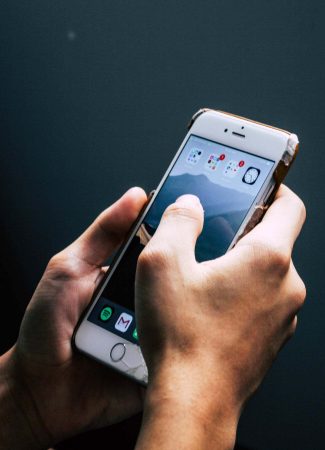
Create a set routine - and find ways to tip the odds that you'll stick to it
Getting better at any physical skill takes practice, and having a regular practice routine helps us make steady progress. Everyone is different; some people can focus well for short periods, while others can concentrate longer. How often you practice affects how well you can perform and increases your chances of reaching the skill and confidence of top performers.
You should schedule multiple short practice sessions each day or practice for a set time every day. Some people break their practice time into short segments within one session, but the most important thing is to do what works best for you.
Your skills will improve if you practice regularly and have a set routine. Create a dedicated practice space and use it at times when you can focus well.
Make time for your instrument. Getting good at any physical skill requires a commitment to help us perform at our best. Commitment is essential because focused practice affects our success in learning physical skills beyond our current abilities, motivation, and sense of purpose.
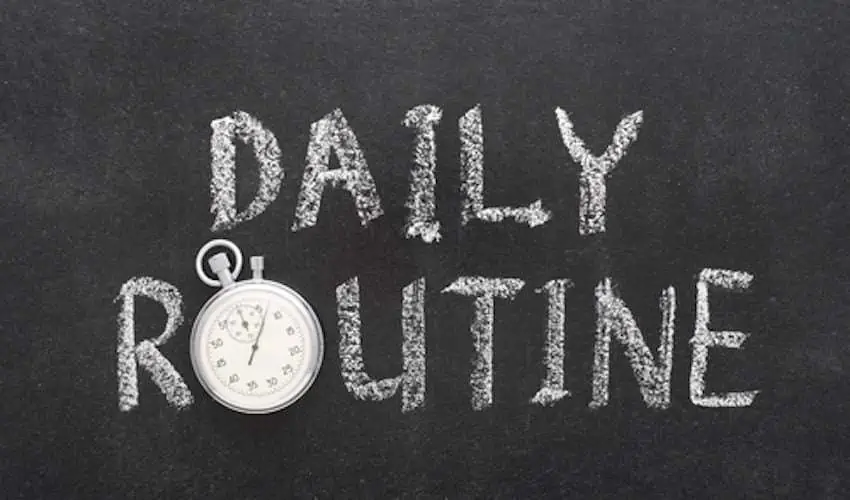
Get into the right frame of mind
Effective practice relies on us being focused and concentrating on the improvement goal. Whatever you are trying to accomplish on your instrument in the short or long term, you will perform with more ease if you are relaxed.
If you have had a stressful day or returned from a run, you need time to wind down.
When we relax, we concentrate better, which helps us perform in our practice sessions. Minimize potential distractions and do all you can to ‘want’ to play.
Particularly for younger musicians, practice may not seem fun if the weather is good, and you could quickly be spending time with your friends instead. Instead of one intensely focused practice session, it is wise to spread it into multiple daily practice sessions or incorporate frequent repetitions throughout the day.
To get in the mood to play your instrument and practice it effectively, ask yourself why you love it. What do you enjoy about it? What is your favorite music to listen to?
Physical skills take practice, so do all you can to motivate yourself to practice. Our brains need to process lots of information, so follow the tips below.
Proof That Longer Isn't Necessarily Better!
Many theories and studies suggest a magic number of hours guaranteeing success in a chosen skill. However, practicing for hours and hours doesn’t mean you will master your instrument. You need to work to develop the perfect execution of an action in frequent repetitions with the goal in mind.
When you practice effectively, you will feel rewarded when you have breakthrough moments, but your practice time needs to be spent wisely.
A notable experiment conducted by Robert Duke of The University of Texas, Austin, several years ago, examined the impact of practice session length on the overall accuracy of a musical piece. Surprisingly, the results revealed that increasing practice time did not lead to improved accuracy in subsequent performances of the piece.
Mastering a piece of music purely comes from the number of times you can play it correctly in your practice sessions.
Repetition is the foundation of coordination, but it must repeat the specific actions required by the music. Effective practice is not about a set number of hours, but about repeating actions with the musical goal in mind.
Practice Techniques
This is the fun part having to do with the inner workings of our brain. If you practice effectively, you will feel the improvements you are making every day. This positive feeling will encourage you to continue playing tomorrow, and so that positive cycle of noticing improvement and wanting to play more begins.
There are a number of tricks you can use to dramatically improve scruffy areas of a piece of music. To help us perform the best we can, we will gain great confidence in our ability if we know we can play something perfectly.
the music - then gradually increase the speed
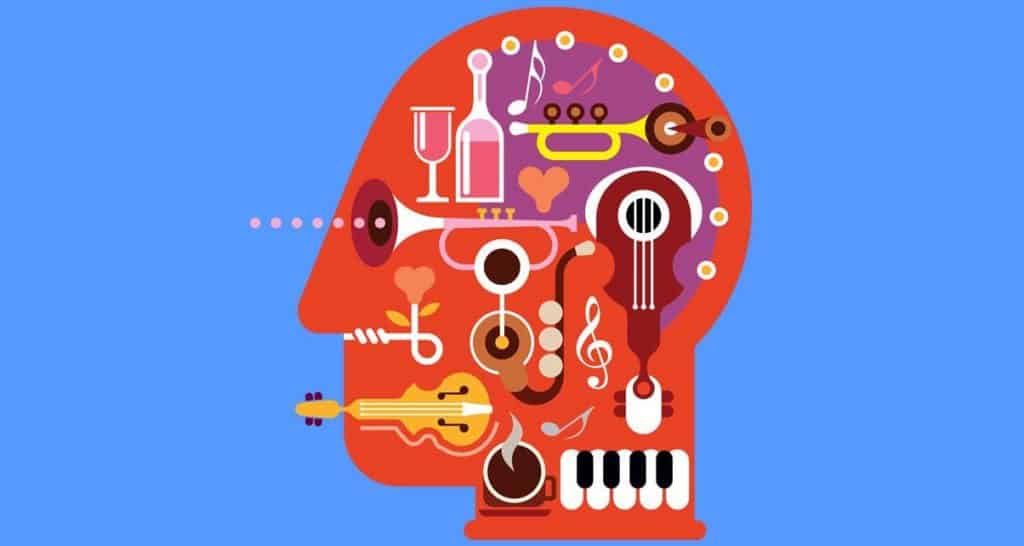
If you’re a young musician, practicing for even twenty minutes is long. But if you break your practice into a warm-up and then work on technical stuff, the time will go by quickly. Then, you can move on to playing your music, using repetition with breaks. This helps you focus better on what you’re doing.
As you get better, you’ll have more control over what you’re playing and really enjoy it, which is a great reward for mastering any physical skill.
Keep things interesting by trying techniques like playing slowly, closing your eyes while playing, or skipping the first beat of a measure. Mix it up and never do the same thing the same way over and over again.
Having a goal helps us focus when we practice. Our goal is to repeat the actions needed to play our music, so getting familiar with the rhythms and pitches to perform at our best is essential. Effective practice means knowing what to fix and how to fix it.
Following a beat (the ‘pulse’) helps us play in time. Practicing in slow motion allows us to play the music with great detail, reminding our body and mind exactly where each note goes and how to play it. As we learn the music slowly, we should be able to play it perfectly and with less effort.
Don’t just play what’s written in the music. Jumps from one note to another (called ‘intervals’) can be tricky, so playing different rhythms on the notes can help us learn the relationships between the other notes.
Record yourself to help identify and overcome issues
Even a standard smartphone will be able to record your playing. Listening back to yourself will enhance improvement, and it helps you analyse what needs improving. You can almost be your own teacher by listening out for mistakes. For a better view in vivid detail, you can even set playback to slow motion.
If you want a slightly better microphone, then this plug and play USB device works brilliantly with laptops and tablets:
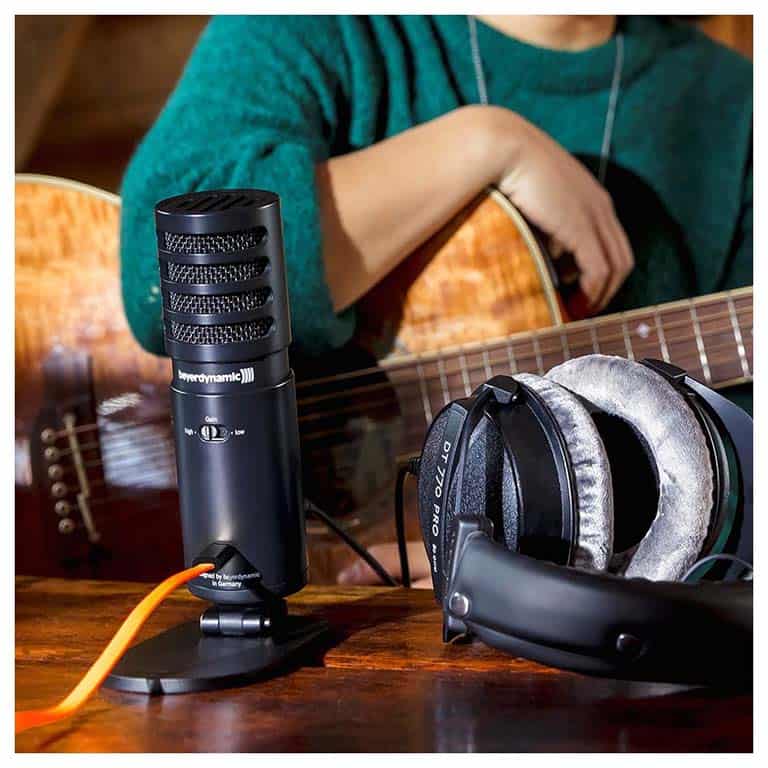
COMES WITH: Removable pop shield
FEATURES: Finest audio reproduction thanks to large-diaphragm capsule
beyerdynamic FOX
USB Condenser Mic
When you check the price above, you’ll see there are loads of great places to buy this item. Our personal favorite is Gear4music.
It is the largest music retailer in the UK and fast becoming the most respected online music shop in the US too. Their customer service is excellent, they have competitive prices, really fast shipping, and usually have the longest guarantee.
Most professional musicians use Gear4music, so there is no reason why you shouldn’t too!
- Excellent quality
- Gain and mute controls
- USB cable included
- No case included
The professional musician who wrote this article combined many things,
from the product build, manufacturer’s reputation through to feedback
from other users, to create our famous TedScore™.
Set Goals and Rewards
It is important to reward yourself for successes, so avoid focusing purely on what’s going wrong. Unless you can recognize what you are succeeding at, you cannot then identify weaknesses. Celebrate your improvements and reward yourself for effective practice. This will encourage you to return intensely focused again the next day!
This Ted ED video is a fantastic resource covering the processes of learning an instrument.

How to practice effectively
Summary
One can learn how to practice music effectively through various methods and techniques.
Effective music practice means being focused and deliberate in your approach to learning and mastering musical skills. Once you have identified those areas, use quality repetitions of an action needed in slow motion to become comfortable with that music.
Learn what type of routine works best because following a practice pattern will enhance your improvement. It helps to be as organized as possible, so find a space that is free of distraction and be mindful of your goal.
Frequent repetitions with allotted breaks will soon have you noticing your improvements!
If you have any questions – or suggestions – please drop them in the comments box below.
FAQ's
Making practice count involves ensuring repetition of aspects you find difficult. The best way to do this is to practice your skill every day. Even practicing for just 15 minutes a day can be more effective than 3 hours once a week.
Practice helps you to learn to play properly, so that when it comes to performance the only thing you need to think about is being a performer.
The best way to practice a TED talk is through repetition. Practice what you are going to say over and over again, every day, so that you know every word you are going to say.
Practice in nursing means something very different to the musical meaning. Whereas in music it means to learn to master a skill, in nursing it means to actively pursue or be engaged in the role of being a nurse.



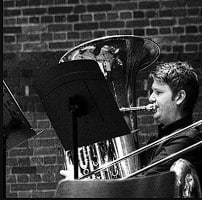






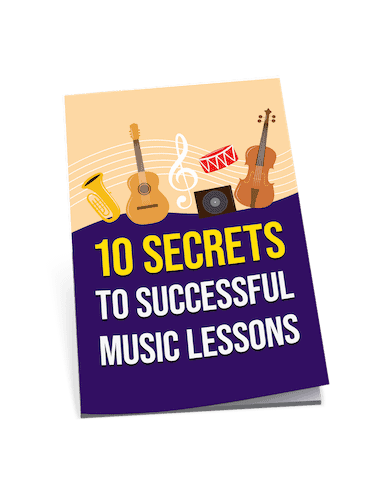

I admit, even I could improve with practice and with this article, I am sure that I will. Can these tips apply in other fields, outside of music?
Hi Dennis… I suppose you could practice outside (depending on the instrument!). But it’s aimed more at a guide to improve your main practice – usually in your own house/apartment.
Good luck with your playing.